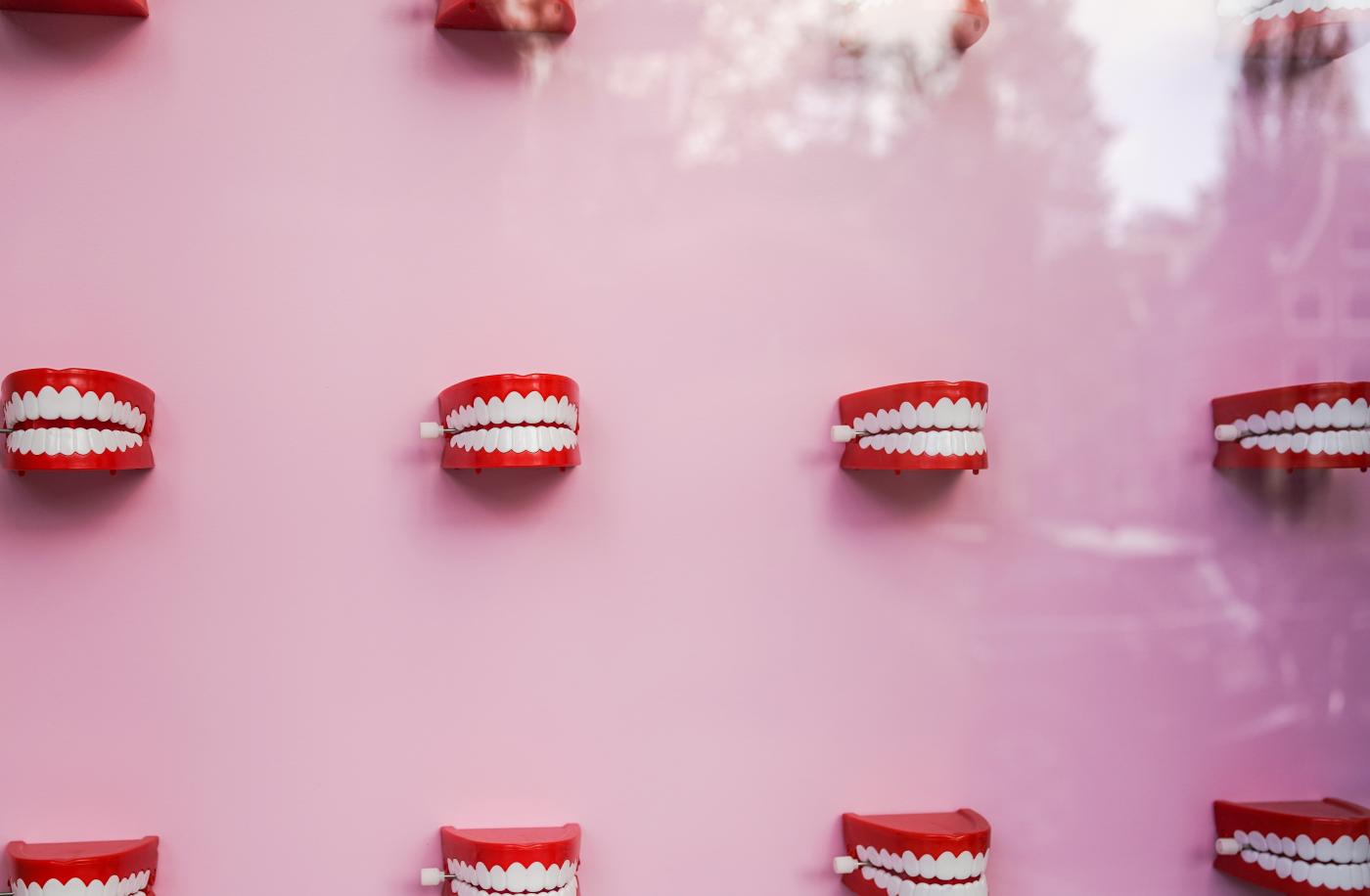The latest 'trend'
Why the discussion of imperfect smiles set my teeth on edge

I have not watched the third season of The White Lotus yet, but I’ve seen the reviews, swiped through the memes, and read the rants about the disappointing theme tune. But perhaps the most unexpected talking point that has emerged about the show concerns actress Aimee Lou Wood: specifically, her teeth.
For those of you who have no clue what I’m talking about, I’ll summarise. Wood is an extremely talented actress. She is currently starring in the critically acclaimed show The White Lotus. She also has two protruding front teeth. And this last point is what the media is focused on. “A beautiful act of rebellion!” Hello! magazine gushes. “Inspiring” praises Vanity Fair. You get the picture.
Why do I care? Well, I also have “imperfect teeth” — namely, a pretty large gap caused by two missing incisors. I’ve had it all my life, and it’s caused me to have fluctuating levels of self-consciousness since I was a child. Luckily, unlike Wood, I was never seriously bullied for it. But as a teenager, I was very aware that my gap made it impossible to fit into the conventional beauty mould that my peers and I were aching to fill. I used to hide my mouth when laughing, and for years, I only posted photos of myself online where my teeth weren’t visible.
When I was 15, I talked to a dentist about getting rid of the gap. He walked me through what such a procedure would consist of. It would take years of braces and also possibly implants, all of which would cost thousands of euros. It would be for cosmetic purposes only, he said; there was no medical reason to warrant it. I thought about all the money and time that this would require. Nah, I decided. With the same money, I could fly to New Zealand and back.
So I kept the gap. And although I get the occasional compliment, I wouldn’t say that society generally believes that my gap is “beautiful”. Hence why I find the current obsession with “imperfect teeth”… surreal. On one hand, it’s refreshing to see actors who reject the suffocating standards imposed by the film industry. Wood’s refusal to change her teeth for her job is not only a middle finger to the male Hollywood executive gaze but also breaks the norm of pristine veneer smiles that saturate our screens. The positive response to Wood’s teeth also shows that more people want to see relatable, everyday smiles, not only ones that the rich can afford.
On the other hand, I cringe when I hear imperfect teeth being referred to as a new “beauty trend”. A facial feature that people have been made to feel insecure about is now suddenly desirable and authentic. When will society stop fetishizing and capitalizing on features that are “different” by making them fashionable? Perhaps never. And I think that is the conversation that we should be sinking our teeth into.
Tara Neary is the winner of the 2025 campus columnist competition. The views and opinions expressed above are her own and do not necessarily represent those of DUB.